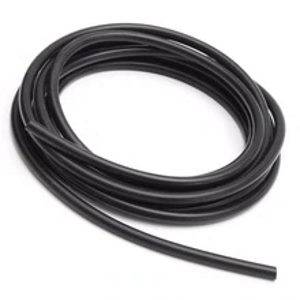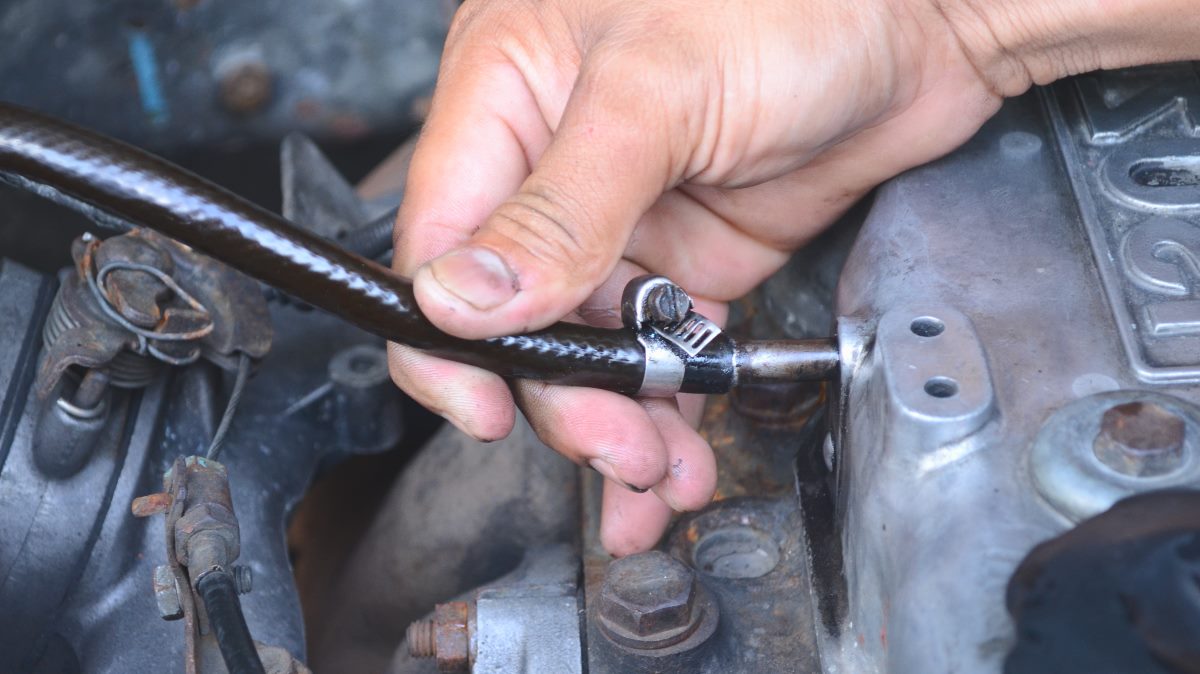So, what’s a vacuum leak anyway?

Damaged vacuum hoses are a common cause of vacuum leaks.
Ever had your car running rough on the school run down Dinsdale Road, or noticed it idling weird in stop-start traffic on Te Rapa Straight? One thing that could be behind all that is a vacuum leak. It sounds a bit technical, but trust me, it pops up all the time here at Grimmer Motors.
The gist of it: your engine needs a good mix of air and fuel to go properly. The pistons pull in air, the fuel system chucks in petrol, and your car bursts into life. Now, if there’s a split hose, dodgy gasket, or busted intake manifold somewhere, air sneaks in where it shouldn’t, or leaks out. That’s what we call a vacuum leak. Instead of running sweet as, your engine starts acting up because the air-fuel balance is out of whack.
Why do vacuum leaks happen?
- Cracked or perished hoses – Especially if you drive an older Nissan Teana or Honda Odyssey, or really any car that’s clocked a few kays along Thomas Road or around the Base, those vacuum hoses start giving up. Bit of heat, bit of age, city driving, and the rubber goes brittle.
- Intake manifold troubles – We’re seeing this on European stuff like Volkswagen Golfs or even the odd SsangYong. If that manifold cracks or warps from all the temperature changes in a Hamilton winter vs. hot summer, you’ll get leaks all over the place.
- Old or worn gaskets – Gaskets are like the seals around your windows. On Mazdas or Kias that’ve done a few years, they get tired, especially after being battered over potholes on Kahikatea Drive!
- Stuffed EGR Valve – EGR stands for Exhaust Gas Recirculation. If that’s stuck or its diaphragm is split, vacuum goes all over the show. More here if you’re keen: EGR.
- PCV Valve issues – This one’s common on hybrids like Toyota Prius or older Subaru Foresters. If the PCV isn’t working, or its hose is split, there goes your vacuum. Find out more: PCV Valve.
- Leaky brake booster – If the brake booster vacuum line leaks, especially when you’re coming to a stop at the Rototuna roundabout, brakes can feel weird and spongy. Not exactly ideal in the rain!
What does a vacuum leak feel or sound like?
- That weird hissing – Kinda like a snake, or letting the air out of a bike tyre. Usually from under the bonnet. Most drivers in Chartwell miss it until it gets worse.
- Check engine light on – Your dash might light up, and sometimes it throws you random codes for all sorts of things.
- Idle bouncing around – Engine revs go up and down, or the car vibrates heaps, especially when you’re just sitting outside New World Glenview.
- Gutless or chews through fuel – Suddenly you’re using more petrol driving out to Cambridge or Tamahere. Car’s lost its pep, and you’ll notice black smoke or funny smells if it’s running rich.
Getting vacuum leaks sorted in Hamilton
Getting to the bottom of a vacuum leak isn’t always simple. Air can escape from all sorts of spots, and sometimes you can’t even see the split hose without pulling half the engine covers off. One of our techs will have a listen, use smoke machines if needed, and track down the issue – whether it’s something in your late-model Hyundai or an older Suzuki Swift kicked around Morrinsville.
So, whether your Check Engine light’s nagging, you’re running rough after a Hamilton east traffic jam, or you’ve noticed more stops at the fuel pump, come see us. We’ll check things over, replace what’s needed, and have you sorted for the next school pickup or WOF Hamilton run.
Thinking your car might have a vacuum leak? Let’s get it sorted before it turns into a bigger headache.

